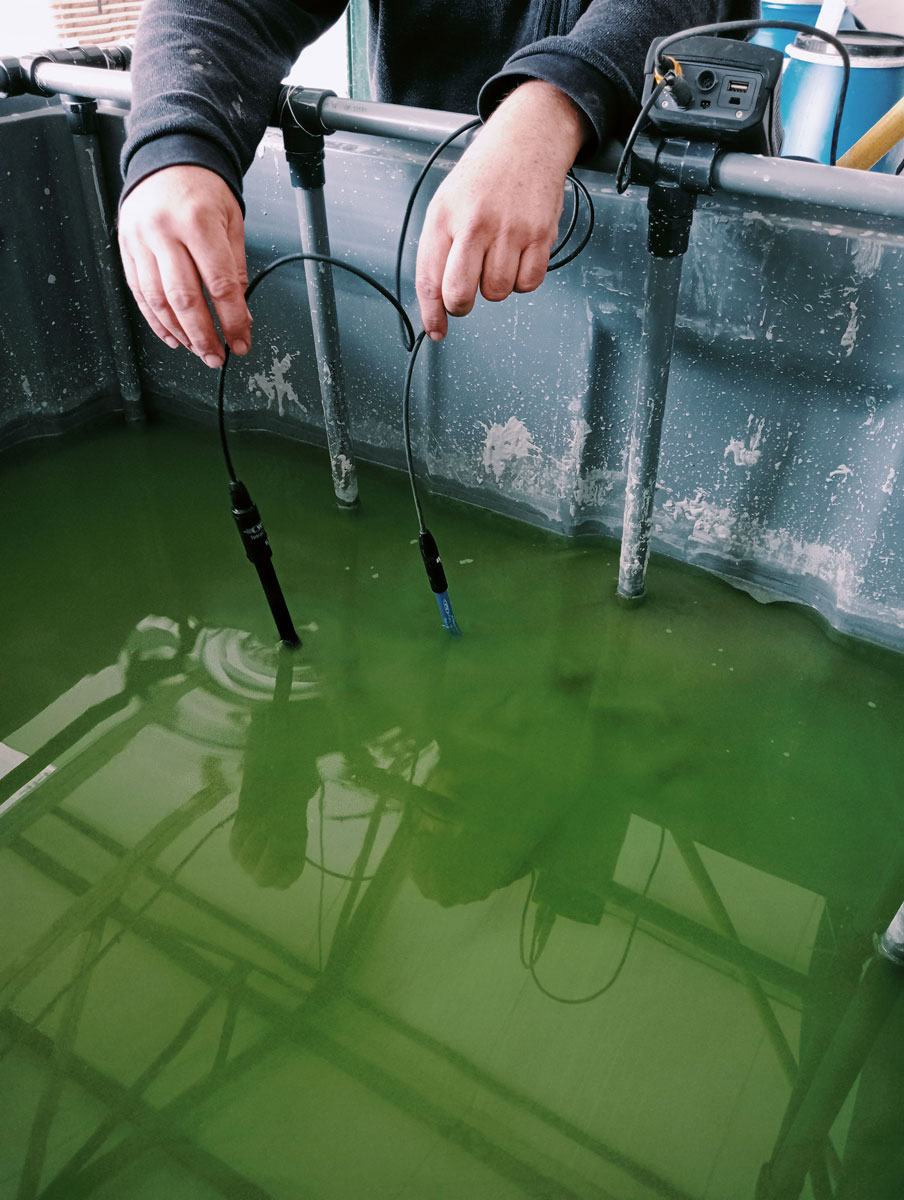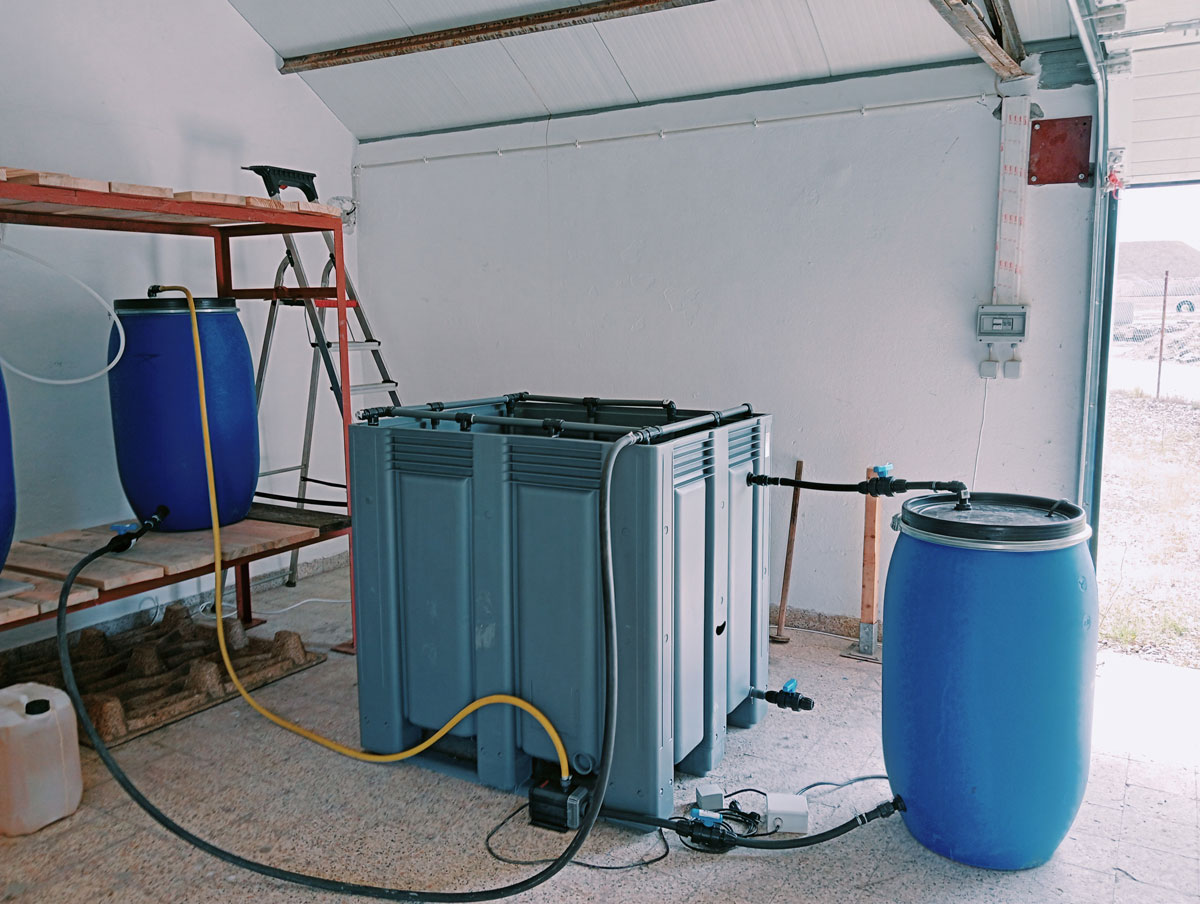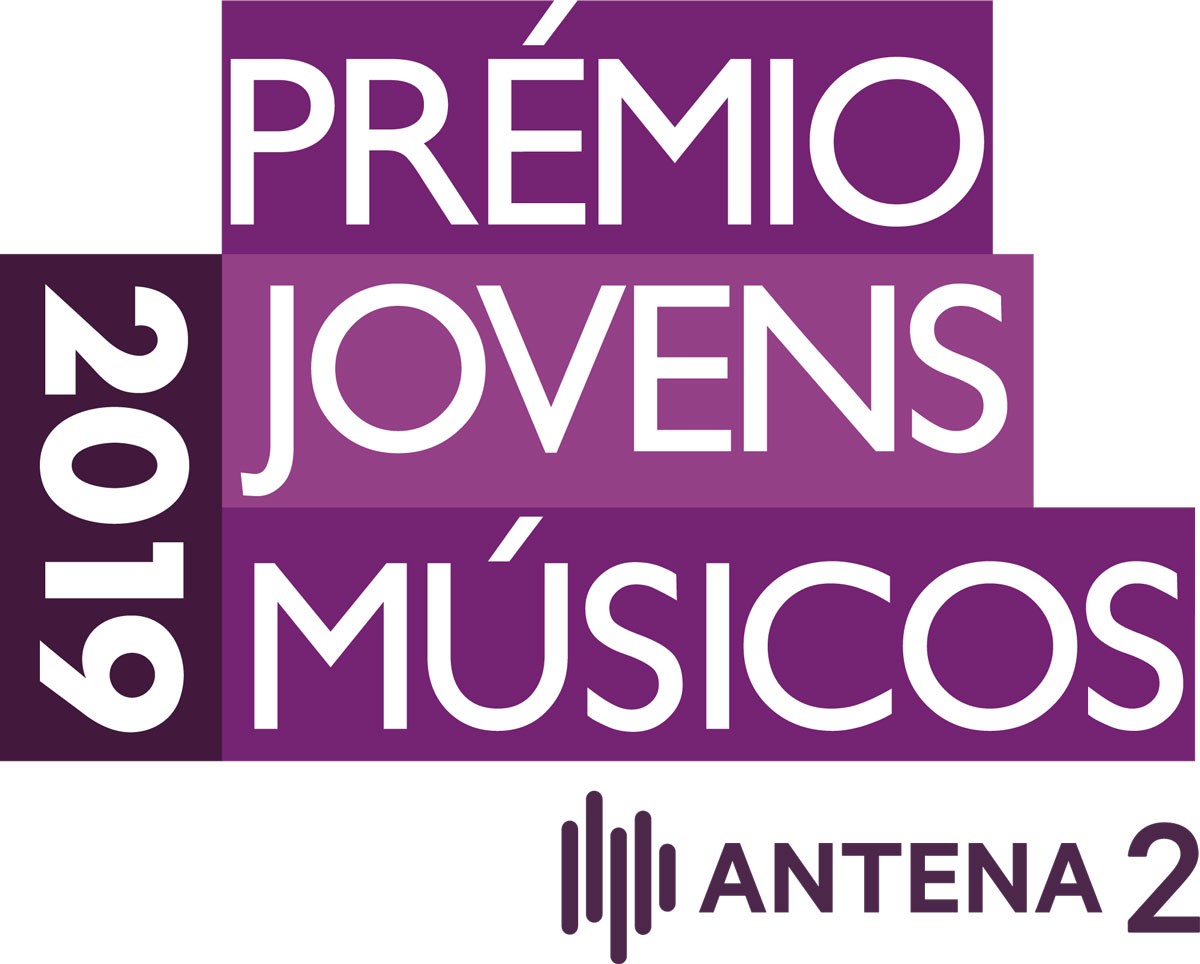University of Coimbra installs pilot system for metal recovery at Panasqueira mine
A group of researchers from the Faculty of Science and Technology at the University of Coimbra (FCTUC) has installed a pilot system at the Panasqueira tungsten mine for the recovery of critical metals from mining activity waste, using methodologies based on microorganisms.
This installation is one of the results of the project “REVIVING – Revisiting mine tailings to innovate metals recovery,” focused on valuing mining waste as resources, providing metals that are currently extracted through other processes, promoting recycling, minimizing the production of hazardous waste, and thus contributing to the adoption of a circular economy in Europe.
“In this pilot system, we are implementing the strategies developed in the laboratory, to compare and understand, in terms of quantification, which technique is the most functional for waste recovery,” explains Paula Morais, a lecturer in the Department of Life Sciences (DCV) and a researcher at the Center for Mechanical Engineering Materials and Processes (CEMMPRE).

“We believe that the waste from the Panasqueira mine has an economic value that could be significant, especially at a time when Europe intends to become self-sufficient again in terms of metals. Furthermore, this aligns with the Raw Material Act of the European Commission, which aims to ensure access to a secure and sustainable supply of raw materials from European sources,” states Rita Branco, also a lecturer at the DCV and a researcher at CEMMPRE.
“The microbiology group focused on non-acidic biorecovery processes, using organic molecule-producing microorganisms. In this way, we managed to extract a relevant amount of metal. The results we have in the laboratory are promising,” said the lecturers.
In this new pilot system, the microbiologists, in collaboration with the Department of Civil Engineering (DEC) at FCTUC, will gather as much information as possible about the process, helping to develop the new extraction process without incurring costs or problems from a potential application failure.
“This is a clean, economical, and innovative bioprocess for the recovery of metals from waste, which will return these remnants to the productive cycle, supporting the European Union’s transition to a circular economy,” they conclude.
The REVIVING project has as partners researchers and companies linked to the mining sector from France, Romania, and Portugal.
Follow us on Facebook, Twitter, Instagram, Youtube, and TikTok and see the exclusive content for social networks.





